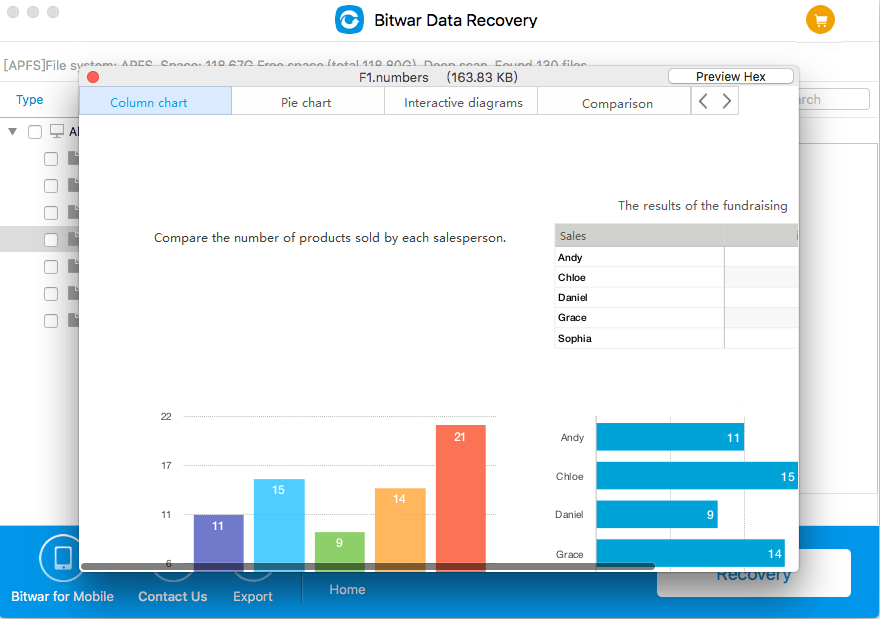
 Expand This PC from the left navigation pane. Once you are no longer using the image, you can quickly unmount the file by right-clicking the virtual drive under This PC in File Explorer and selecting the Eject option. However, you can still right-click, select the Open with submenu, and select the Windows Explorer option to mount the ISO. When this happens, you won't see an option to mount images. rar, etc.), it's possible the tool may also be configured as the default application to open ISO images. If you have a third-party tool to open compressed files (such as. To mount an image with the ribbon menu, use these steps: Once you complete the steps, you can access the contents of the image by selecting the virtual drive from the left navigation pane. To mount an ISO image with the File Explorer context menu, use these steps: Once you complete these steps, the ISO file will open like any other folder, allowing you to access and extract the contents as necessary. Browse to the folder with the ISO image.ĭouble-click the. To quickly mount an ISO file on Windows 10, use these steps:
Expand This PC from the left navigation pane. Once you are no longer using the image, you can quickly unmount the file by right-clicking the virtual drive under This PC in File Explorer and selecting the Eject option. However, you can still right-click, select the Open with submenu, and select the Windows Explorer option to mount the ISO. When this happens, you won't see an option to mount images. rar, etc.), it's possible the tool may also be configured as the default application to open ISO images. If you have a third-party tool to open compressed files (such as. To mount an image with the ribbon menu, use these steps: Once you complete the steps, you can access the contents of the image by selecting the virtual drive from the left navigation pane. To mount an ISO image with the File Explorer context menu, use these steps: Once you complete these steps, the ISO file will open like any other folder, allowing you to access and extract the contents as necessary. Browse to the folder with the ISO image.ĭouble-click the. To quickly mount an ISO file on Windows 10, use these steps: 
You can double-click the file, you can use the content menu option, or the option available in the ribbon menu. On Windows 10, you can access the content of an image in at least three different ways using File explorer. How to mount ISO image with File Explorer

How to mount ISO image with File Explorer.In this Windows 10 guide, we'll walk you through the steps to mount and unmount the ISO images using File Explorer as well as PowerShell commands. For example, Microsoft uses this format to distribute previews of Windows 10 to testers and many other products.Īlthough you can find a lot of tools to work with images, Windows 10 includes the ability to mount and mount ISO files natively without the need for extra software. Software companies usually use this file format as a medium to distribute the applications and tools without the need to ship physical media, which can be costly and time-consuming. An ISO image is a container format designed to store the contents of a physical disk (CD, DVD, or Blu-ray).







 0 kommentar(er)
0 kommentar(er)
